Welcome to the wonderful world of gardening, where fresh produce and vibrant flowers bloom! But as much as we love tending to our garden, there’s an all-too-common culprit that always seems to disrupt our green ambition: pesky weeds. Worry not, dear gardener, because we have just the solution!
Say goodbye to harmful chemicals and hello to a safer, more natural approach: organic herbicides!
In this post, we’ll share tips and tricks on how to weed out the bad and go organic with garden herbicides. So sit back, relax, and get ready to watch your garden flourish like never before!
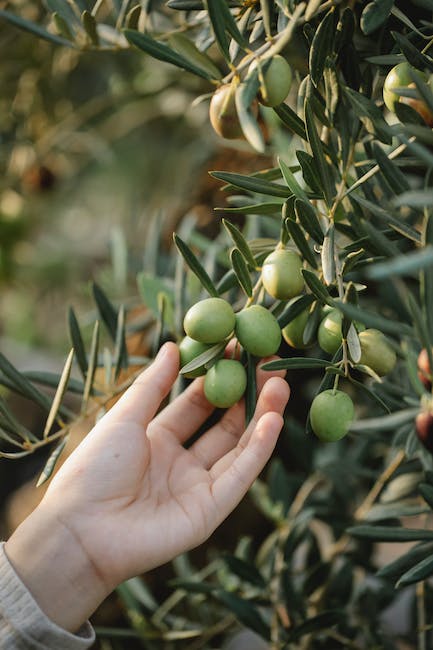
Table of Contents
- 1. Buh-bye bad weeds, hello organic garden helpers!
- 2. How to make your garden thrive without harsh chemicals
- 3. It’s time to ditch those toxic herbicides and try something new!
- 4. Get ready to weed like a pro with these organic solutions
- 5. Your garden (and the environment) will thank you for going organic
- Q and A
1. Buh-bye bad weeds, hello organic garden helpers!
Looking for an organic solution to say goodbye to pesky weeds in your garden? Look no further than the power of companion planting! You can naturally suppress weed growth and create a thriving ecosystem in your backyard by choosing the right plants to grow alongside your vegetables and herbs.
One of the most popular companions for edible plants is the marigold. Not only do marigolds provide beautiful pops of color, but they also produce a natural insecticide that repels harmful pests that may damage your crops. Plant marigolds throughout your garden and watch as they work their magic to keep weeds at bay.
Another great option for organic herbicides is using beneficial insects. Ladybugs, lacewings, and ground beetles are just a few of the many insects that can help control weed growth by feeding on the larvae of potential weed pests. Purchase these insects online or at your local garden center to introduce them to your garden and reap the benefits of natural weed control.
Say goodbye to harsh chemicals in your garden, and hello to a thriving ecosystem filled with natural helpers! By embracing the power of companion planting and beneficial insects, you can create a beautiful and healthy garden for your family to enjoy. So get outside, roll up your sleeves, and let nature do the work for you.
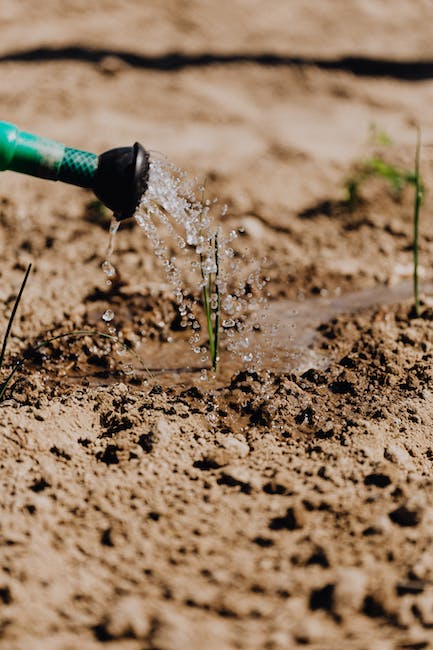
2. How to make your garden thrive with organic garden herbicides
One of the most common misconceptions among gardeners is that using chemicals is the only way to keep your plants healthy. Plenty of natural methods (garden herbicides) you can adopt will save you money and make your garden thrive without harming the environment. Here are some tips:
1. Start with the soil
Good soil is the foundation to any healthy garden. Make sure to keep it well-aerated by adding compost and organic matter on a regular basis. You can also use mulch to help retain moisture and prevent weeds. Consider adding natural fertilizers such as chicken manure or worm castings if your soil lacks nutrients. Finally, test the pH levels of your soil to ensure it is within the optimal range for the plants you want to grow.
2. Attract beneficial insects
Many insects are beneficial to your garden and can help control pests without harsh chemicals. For example, ladybugs, lacewings, and praying mantises are natural predators of aphids, mites, and other pests that can damage your plants. Plant flowers such as marigolds, daisies, and zinnias to attract these beneficial insects. You can also create habitats for these insects by adding nesting sites and providing water sources.
3. Choose natural pest control methods
If pests are still a problem in your garden, there are natural pest control methods you can use instead of chemicals. For example, you can spray a solution of soap and water on your plants to get rid of aphids. You can also use neem oil, which is a natural pesticide made from the seeds of the neem tree. Finally, you can create physical barriers such as row covers or netting to prevent insects from eating your plants.
In conclusion, creating a thriving garden without harsh chemicals requires effort, but it is worth it. By adopting natural methods, you will protect the environment and have a healthier and more beautiful garden to enjoy.
3. It’s time to ditch those toxic herbicides and try something new!
Are you tired of using the same old toxic garden herbicides to keep your garden looking healthy? It’s time to switch things up and try something new! Not only will you be doing your part for the environment, but you’ll also be keeping your family and pets safe from harmful chemicals.
Here are a few options to consider:
1. Natural Remedies: Did you know that you can use everyday household items like vinegar, baking soda, and Epsom salt to keep weeds at bay? Mix them with water, and you’ve got a safe and effective herbicide.
2. Organic garden Herbicides: These herbicides use natural ingredients like citrus oil and clove oil to get rid of weeds. They’re safe for the environment and won’t harm your plants or animals.
3. Manual Weeding: Manual weeding is a great option for those who prefer a hands-on approach. Grab a pair of gloves and a weeding tool, and get to work! This method may take longer, but it’s a great way to get some fresh air and exercise while tending to your garden.
So next time you’re thinking about reaching for that toxic herbicide, remember there are safer and more eco-friendly alternatives. Give them a try and see just how effective they can be. Your garden (and your family) will thank you!
4. Get ready to weed like a pro with these organic solutions
Are you tired of spending hours pulling weeds from your garden? Say goodbye to tedious weeding and that will save you time and effort.
First up, try using a hoe to cut weeds at the root. The sharp edge of the hoe will slice the weeds out of the soil without disturbing the roots of your plants. This method is particularly effective on larger weeds and can be done quickly and easily with minimal effort.
Another organic solution to weed like a pro is by using a homemade weed killer spray. Mix equal parts white vinegar and water in a spray bottle and add a few drops of dish soap. The acetic acid in the vinegar will dry out the weeds, while the dish soap helps the mixture stick to the leaves. This solution is safe for the environment and won’t harm other plants in your garden.
Get ready to tackle the weeds in your garden like a pro with these simple and organic solutions. These methods are cost-effective and environmentally friendly, from hoeing to homemade weed spray. Say goodbye to back-breaking manual weeding and hello to a beautiful, weed-free garden.
5. Your garden (and the environment) will thank you for going organic
Going organic is the way to go if you’re on a mission to make your garden more eco-friendly. Not only will your garden thrive, but the environment will also benefit greatly. Here are some reasons why:
- No harmful chemicals: When you use organic gardening methods like garden herbicides, you won’t be using any chemicals or pesticides that could potentially harm the soil, water or living creatures in and around your garden.
- Better soil: Organic gardening practices are designed to improve the quality of soil over time. This means that the soil you grow your plants in will be richer in nutrients and organic matter, making it easier for plants to grow strong and healthy.
- Supports biodiversity: By choosing to grow organic, you are supporting a diverse range of insects, worms, and other living creatures that contribute to a healthy ecosystem. These creatures will help pollinate your plants, break down organic material, and control pests.
Going organic doesn’t have to be difficult or expensive. Here are some tips to get started:
- Compost: Start a compost bin in your garden to create a nutrient-rich organic material that you can add to your soil. Composting is easy and inexpensive, and it’s a great way to reduce the amount of waste you produce.
- Choose organic: When buying seeds, soil, and fertilizers and garden herbicides, choose products that are certified organic. This ensures that they haven’t been treated with harmful chemicals or pesticides.
- Practice crop rotation: By rotating your crops every year, you can reduce the chances of pests and diseases taking hold in your garden. This also helps keep your soil healthy and balanced.
Organic gardening isn’t just good for your garden, it’s good for the planet too. By making a few simple changes to the way you grow your plants, you’ll be doing your part to support a healthy and thriving ecosystem.
Q and A
Q: What’s the article about?
A: This article is all about using organic garden herbicides to help get rid of pesky weeds in your garden!
Q: Why is it important to use organic herbicides?
A: Organic garden herbicides are important because they’re better for both the environment and your health! They’re made from natural ingredients and don’t contain harmful chemicals that could harm you, your plants or nearby wildlife!
Q: How can I make my own organic herbicide?
A: You can use vinegar, salt, and dish soap to make your own herbicide. Just mix them together, pour the solution into a spray bottle, and voila! You have your very own organic herbicide!
Q: Where can I find organic herbicides to purchase?
A: Organic herbicides can be found in most garden stores or online. Look for products that use natural ingredients like citric acid, clove oil, or corn gluten.
Q: Will using organic garden herbicides negatively affect the growth of my plants?
A: No! Because organic herbicides are made from natural ingredients, they won’t negatively affect the growth of your plants! It’s important to carefully read the label and follow the instructions to make sure you’re using the product safely and effectively.
Q: What are some other benefits of using organic garden herbicides?
A: Using organic herbicides can help promote a healthier ecosystem in your garden, and it’s better for the environment overall! Plus, it’s a great way to avoid using harmful chemicals that could harm both you and your plants.
Q: How do I properly apply organic garden herbicides in my garden?
A: To properly apply organic garden herbicides, you should read the label and follow the instructions carefully. Spray the solution directly on the weeds, and be careful not to spray it on your plants. It’s also important to avoid spraying on a windy day so you don’t accidentally spray your neighbors’ gardens!
As we end our journey exploring the benefits of garden herbicides, we hope you’ve been inspired to take your gardening game to the next level. With organic solutions at the forefront of modern farming and gardening practices, it’s time to weed out the bad and embrace the power of natural alternatives. Say goodbye to harsh chemicals and hello to a healthier, greener, and more sustainable future for your garden!
By choosing organic garden herbicides, you protect your plants and take care of the environment. It’s a win-win situation! So get your gloves on, grab your organic herbicides, and start tending to your garden with love and care. Your plants will thank you, and you’ll be proud of the beautiful and healthy garden you’ve created.
Remember, a little goes a long way, and it’s never too late to make a change. Small steps can lead to significant improvements, and the benefits are truly worth it. So, let’s all take a pledge to go organic, and together, we can make our planet a healthier and happier place, starting with our gardens. Happy gardening!
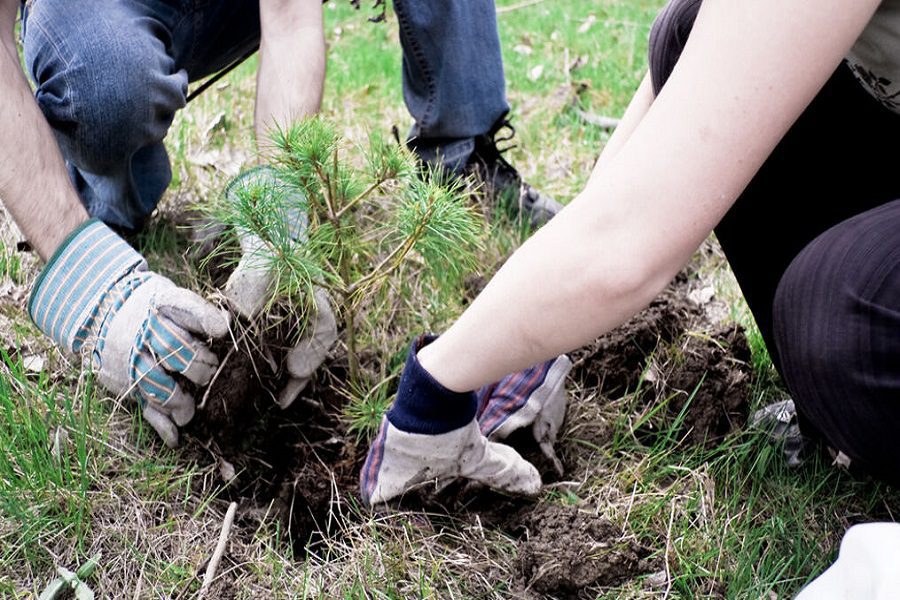
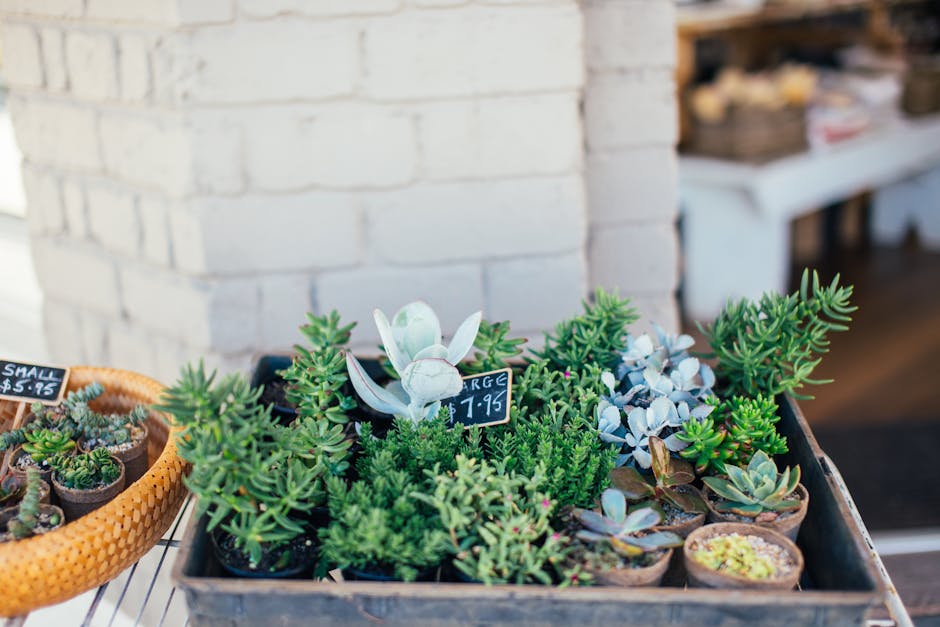
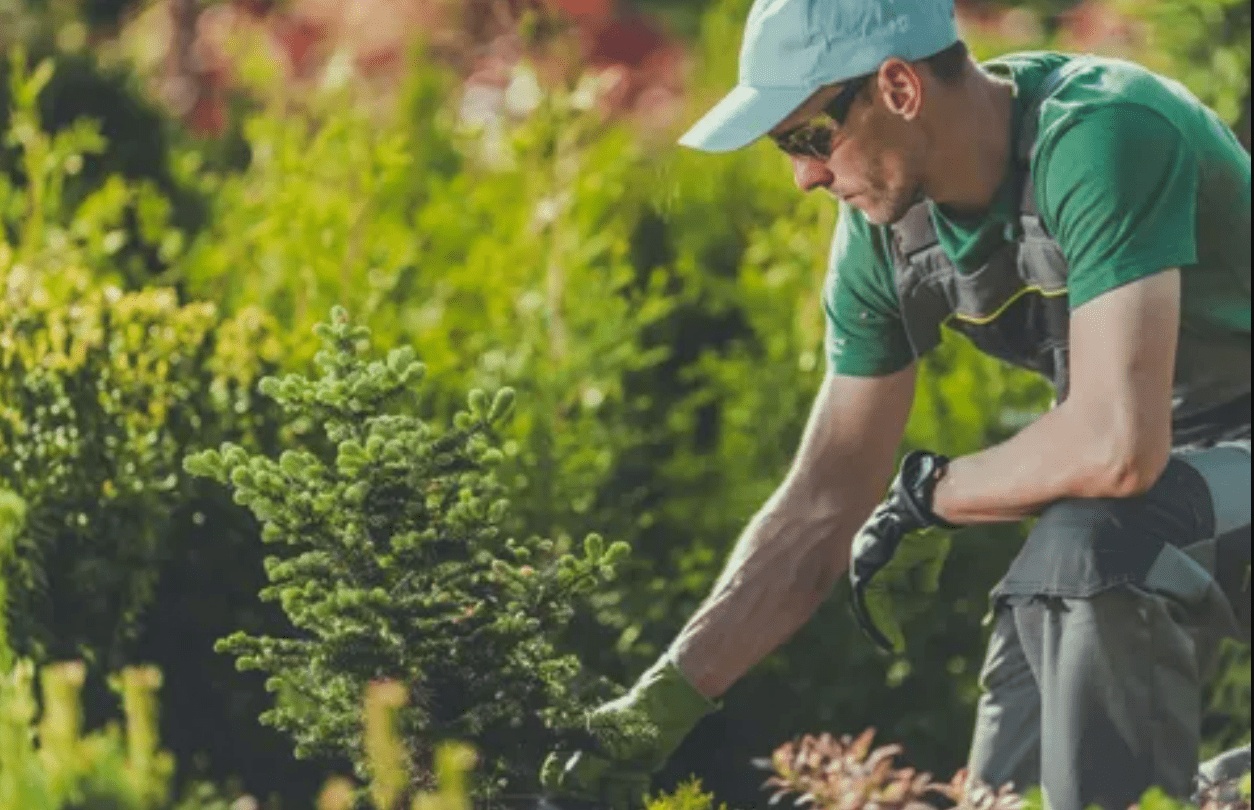

11 thoughts on “Weed out the bad: Go organic with garden herbicide!”
Comments are closed.